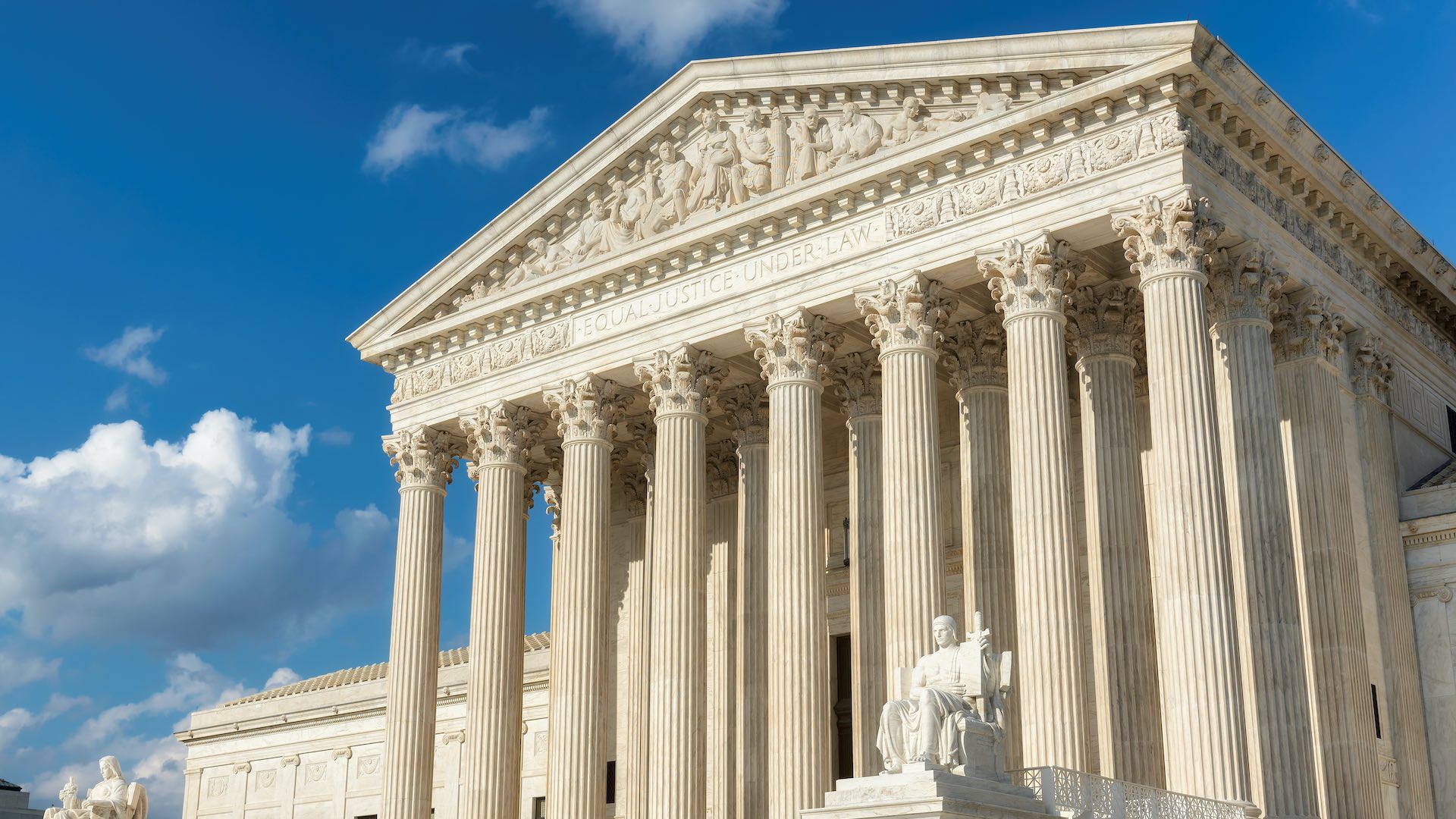
The U.S. Supreme Court dodged an opportunity to make a ruling on the hot topic of “qualified immunity” for police, an issue that has been getting a lot of scrutiny of late.
“Qualified immunity” is a legal doctrine that protects government officials, including police officers, from civil suits unless the plaintiff can demonstrate a clear violation of their statutory or constitutional rights.
Opponents of the doctrine claim it is used to shield police accused of excessive force, while supporters believe it enables police to do their job and act quickly in dangerous situations without the fear of a lawsuit or financial liability.
According to a Reuters report, the Supreme Court on March 8 denied an appeal by Cleveland man Shase Howse, who unsuccessfully sued police officers for excessive use of force back in 2016. Howse, a Black man, claims he was “slammed to the ground” by white officers outside of his home and jailed after police deemed his actions “suspicious.”
His lawsuit against the two officers, Thomas Hudous and Brian Middaugh, accused them of violating the Fourth Amendment prohibition against unlawful search and seizure.
In 2020, Cincinnati 6th U.S. Circuit Court of Appeals upheld the officers’ qualified immunity, ruling that there was no “clearly established” precedent to determine that their actions were unlawful or that there was a clear violation of the Fourth Amendment.
The Supreme Court’s decision to deny Howse’s appeal comes after a recently introduced bill in the House of Representatives containing police reform legislation, including a provision that would eliminate qualified immunity from law enforcement.
The bill was passed by the Democratic majority and was opposed by the Republican minority, and will move to the Senate, where Republicans have the majority.
The Reuters report mentioned that the Supreme Court appears to be softening on its stance towards qualified immunity, illustrated by two recent cases where justices allowed prison inmates to sue prison guards for violating the Eighth Amendment prohibition against cruel and unusual punishment.
Howse’s case was featured in a December Reuters investigation into qualified immunity, which showed how the doctrine has been denying Black Americans justice from abuses by state and local authorities, and undermining Reconstruction-era laws that aimed to protect Black Americans from such violations.
The doctrine of qualified immunity was introduced by the Supreme Court in the 1967 civil rights movement case Pierson v. Ray.





